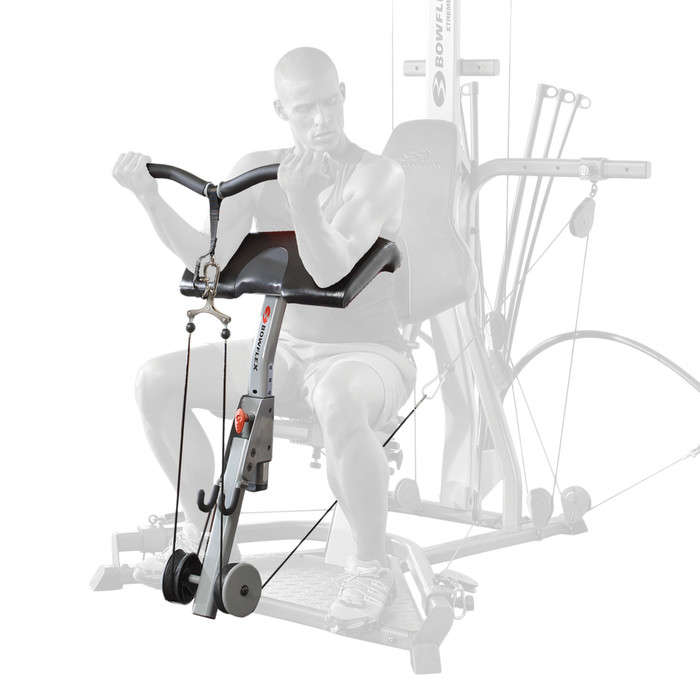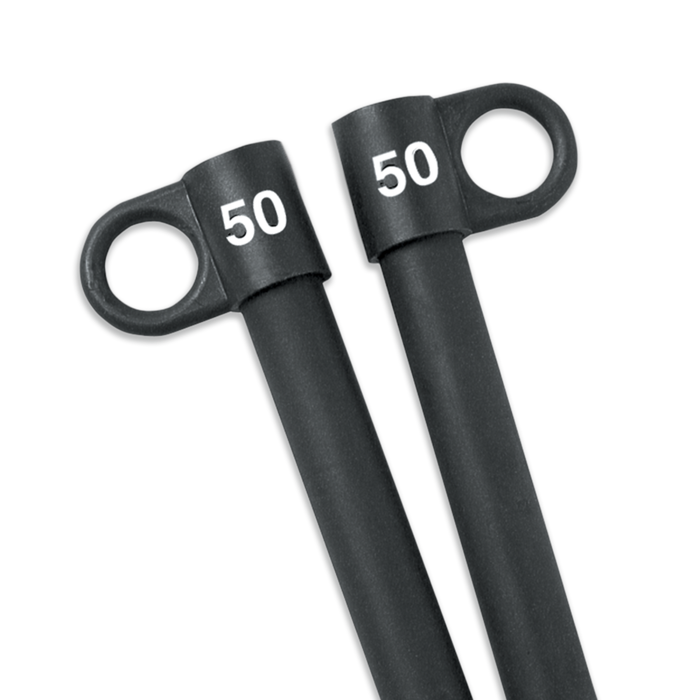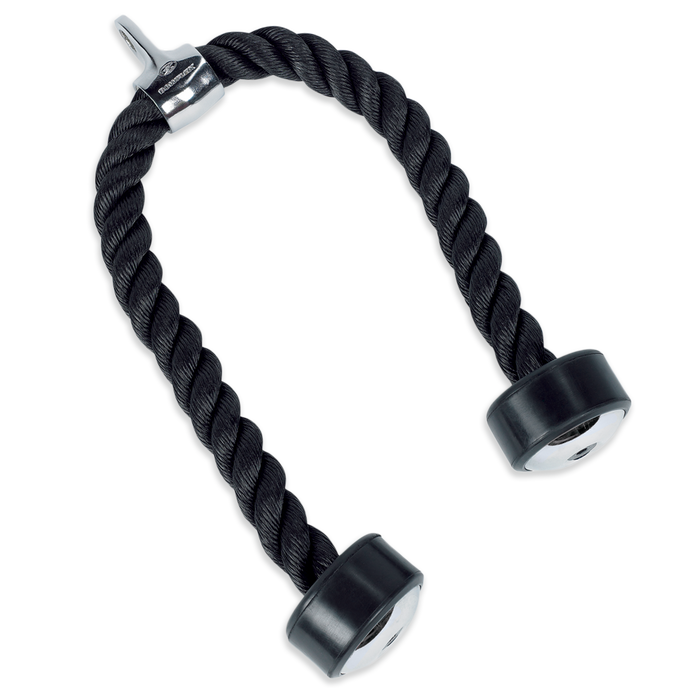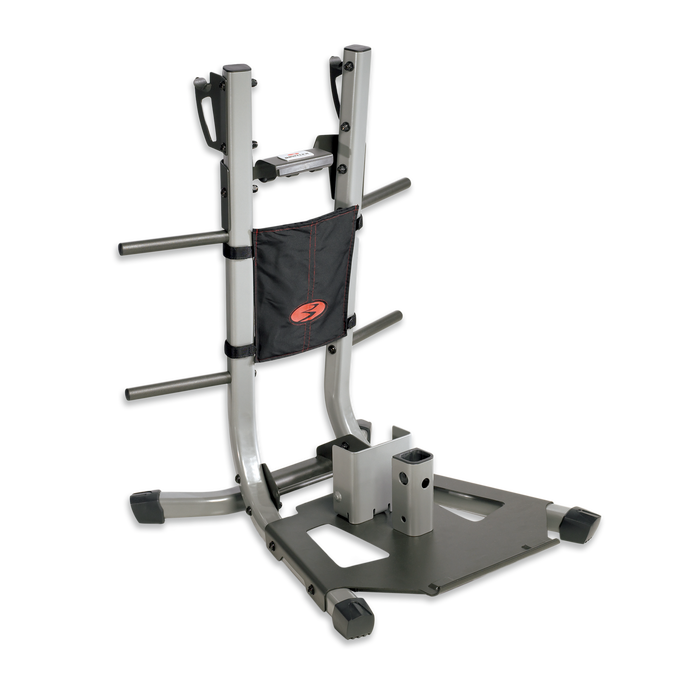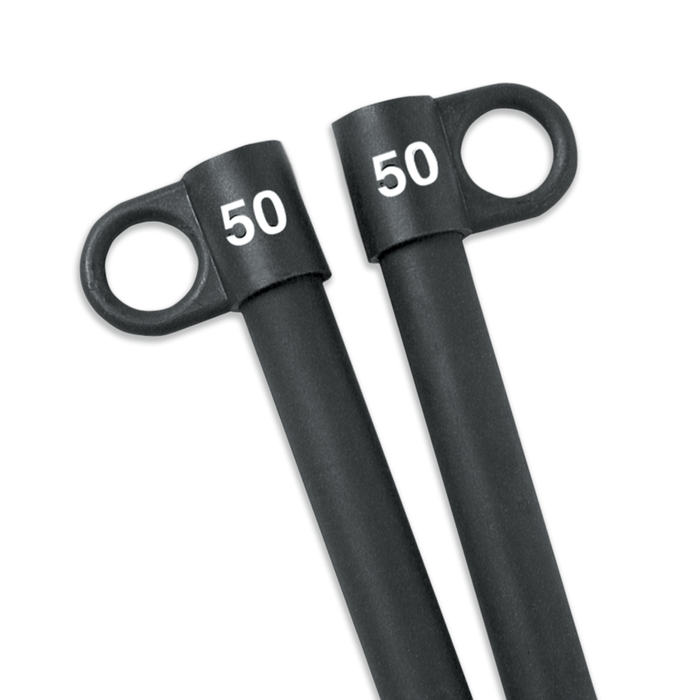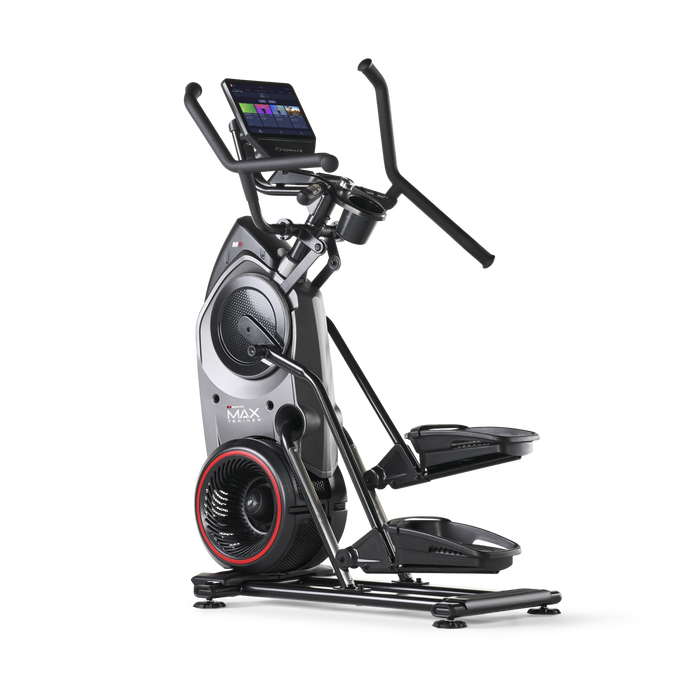Walking or Running: The Great Debate

When it comes to cardio, which form is the best? Should running be the goal, or is a brisk walk enough to bring results? Well, it depends on which type of results you're after.
But even if you were to use research to make an informed decision, you'd find that walking is better than running, except when running is better than walking.
Is this a joke? Nope, it's science with an interesting spin.
When researchers at the Lawrence Berkeley National Laboratory in California compared data from two studies of 33,060 runners and 15,045 walkers, they were able to tease out the differences (and similarities) between running and walking.
And here's what they found …
Running and walking are both good for you. Imagine that! As Paul Williams, a staff scientist who worked on the research put it, "The exercise you do is better than the exercise you don't do."
But let's not oversimplify the findings. There are some notable differences between these two forms of cardio. For instance, one article exploring the outcomes of this study touts walking over running, stating that walking is healthier than running because "brisk walking reduces the risk of heart disease more effectively than running." In all, walking had a more positive impact on blood pressure, cholesterol and risk for diabetes than running.
On the other hand, a separate feature on the topic using the same dataset concluded that running is better than walking. But there's a catch. Running is better than walking for weight loss. Among the walkers and runners studied, both groups lost weight, but the runners lost more weight. The runners also did more work in less time than the walkers, because running is a more intense form of exercise.
So which is it?
OK, one study has spawned two articles that seem to be conflicting. Is running or walking better, and what does this all mean for you? Well there are a few things to consider.
- Don't believe everything you read. Dig a little deeper. Science and statistics can be twisted to fit almost any situation. The main takeaway from both the study and articles should be that both forms of exercise are good for us, and neither running nor walking is enough on its own. Diet is a key component of a healthier lifestyle.
- Don't overthink exercise. Running and walking are both better than doing nothing at all. If you can't run or don't like to run, go for a walk. When you do, go a little bit further or walk more frequently throughout the week. Walking is less intense, so if you're trying to lose weight or become more fit, you have to put in more time.
- Don't do either. Running hurts my knees, and walking is boring. OK. Replace running and walking with another form of exercise. Swim, bike, row or hike. Take up strength training and get some high intensity moves into the mix — burpees, kettlebell swings, plyometrics, jump rope, box jumps.
Still not sure? Try them for yourself. It's easy to incorporate walking or running into your fitness efforts!









